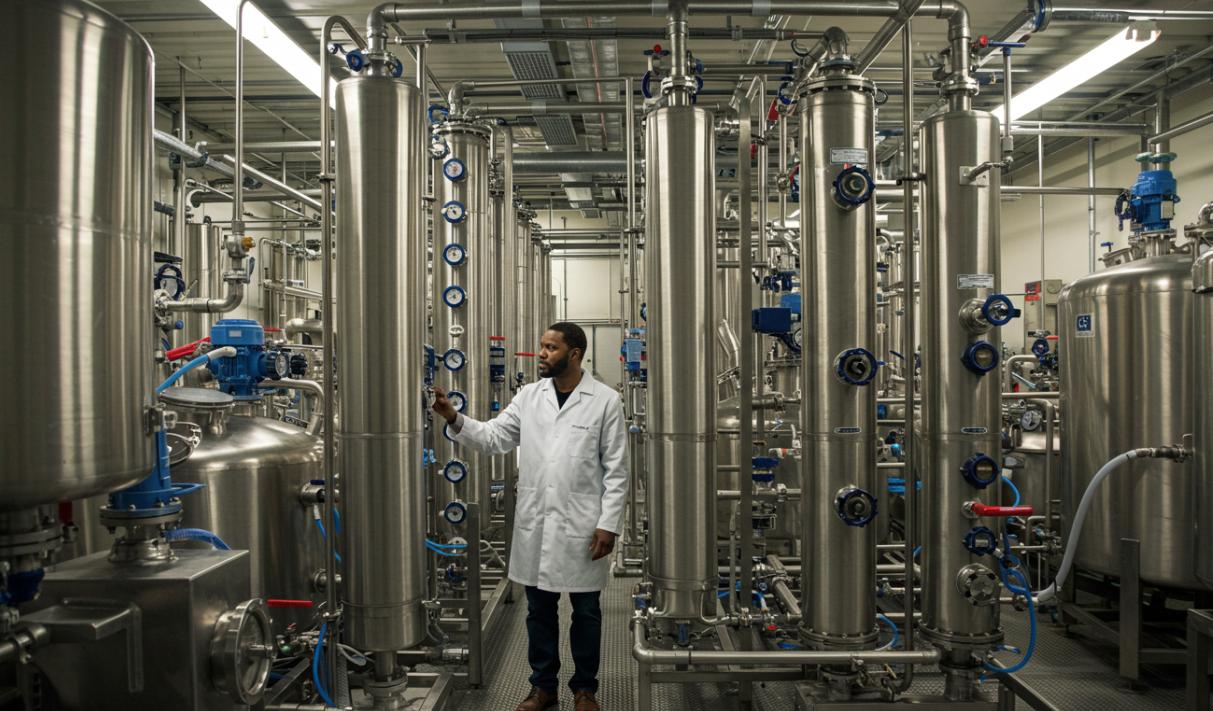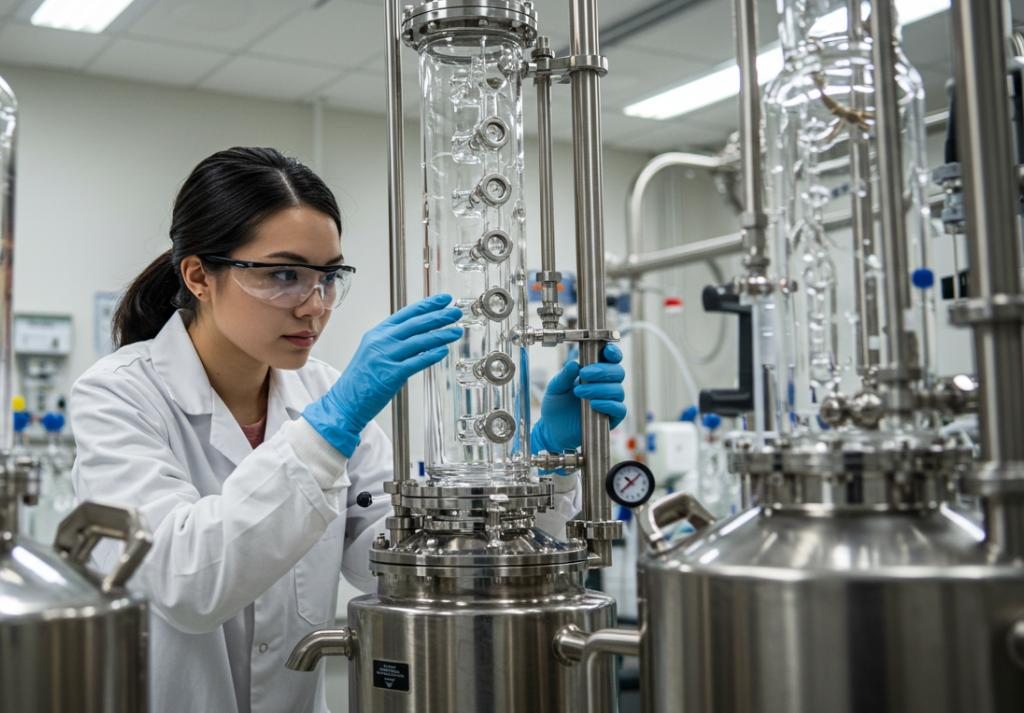Triple distilled water holds a significant role due to its purity and specific applications across various sectors. Understanding the regulatory frameworks and legal stipulations surrounding its usage is essential for companies invested in maintaining compliance with industry standards. This article delves into these regulations and the practical applications of this high-purity water.
The Importance of Regulatory Standards
Regulatory standards are vital in ensuring the safety and quality of products used in various fields, including pharmaceuticals, food and beverage, and electronics manufacturing. These guidelines, established by organizations such as the FDA, dictate the acceptable levels of contaminants and the methods required for testing and purification.
Understanding the Regulatory Framework
The Code of Federal Regulations delineates numerous guidelines, specifically under 21 CFR Part 129 and 21 CFR Part 165, which govern the processing and bottling of water intended for consumption. Companies involved in the production and distribution of bottled water must adhere to these standards, which dictate purification processes, including triple distillation. These rules ensure that the water is safe for consumption, devoid of harmful substances, and consistently meets quality benchmarks.
Health and Safety Regulations
Recent regulations, such as the final rule on fluoride and previous rulings on other contaminants like arsenic and uranium, underscore the importance of maintaining water quality. These guidelines serve as a reminder for industries using triple distilled water, especially in sensitive applications such as pharmaceuticals, which require the highest level of purity. The presence of contaminants, even in minute quantities, can have detrimental effects on product efficacy and consumer safety.
Legal Uses of Triple Distilled Water
Triple distilled water is not merely a luxury but a necessity in many sectors. Its use is legally mandated or driven by stringent standards in specific applications where purity is non-negotiable.
Pharmaceutical Industry
The pharmaceutical industry legally requires extremely pure water, like triple distilled, for manufacturing drugs, especially injectables, as mandated by regulatory bodies like the FDA or EMA. This ensures products are free from contaminants that could harm patients. Failure to meet these stringent water quality standards can result in severe legal penalties, including product recalls and fines.
Food and Beverage Sector
In food and beverage production, using pure water is crucial for product safety and quality, often governed by food safety regulations. Manufacturers are legally obligated to ensure their products are safe for consumption and accurately labeled, which includes the quality of water used. Non-compliance can lead to health hazards, product recalls, and damage to consumer trust, with potential legal fallout.
Laboratories
Scientific and analytical laboratories use triple distilled water to ensure the accuracy and reproducibility of experiments, especially for regulatory testing or diagnostics. Adherence to quality standards like Good Laboratory Practice (GLP) or ISO 17025 often mandates high-purity water. This ensures that research findings and test results are valid, reliable, and legally defensible.

Electronics
For electronics manufacturing, especially semiconductors, ultra-pure water is vital for cleaning components to prevent defects. While not always a direct law, industry standards for purity are extremely strict, and failure to meet them can lead to faulty products. This, in turn, can result in significant product liability issues and costly warranty claims if components fail.
Aerospace
The aerospace industry relies on triple distilled water for cleaning critical components where any residue could cause catastrophic failures. Stringent safety regulations and quality standards, like those from the FAA, effectively necessitate its use. Non-adherence leading to component malfunction can result in severe liability and compromise airworthiness certifications.
Challenges in Compliance
Ensuring compliance with these stringent regulations can be challenging, particularly for smaller entities. Resources and knowledge about the legal uses of water quality can be limited. This makes it crucial for businesses to seek out comprehensive guidance to navigate regulatory requirements effectively. Small Entity Compliance Guides have been developed to assist in understanding these complexities, further emphasizing the importance of consulting expert resources.
Regulations are constantly evolving, making it imperative for industries to stay informed. Recent wellness trends and consumer demands are influencing regulatory shifts, necessitating a proactive approach from businesses. Organizations must embrace flexibility and adapt to these changes to remain compliant while fulfilling market expectations.
The Future of Triple Distilled Water Usage
The future looks promising for triple distilled water applications across various industries. As regulations continue to tighten, the demand for ultra-pure water is set to rise. Businesses that prioritize compliance and understand the legal frameworks surrounding their use of water will position themselves advantageously in an increasingly competitive market. It will become essential for companies to invest in reliable suppliers and innovative purification technologies to meet both regulatory requirements and consumer needs.
In summary, regulatory standards surrounding the use of triple distilled water are crucial for ensuring safety and compliance across multiple industries. As businesses strive to uphold quality, remaining abreast of changes to regulations is essential for success. Companies seeking expert guidance can significantly benefit from specialized services that inform and assist with navigating these complex legal landscapes.
Contact B.E. Products team for professional support in understanding regulatory requirements and ensuring compliance in your industry!

